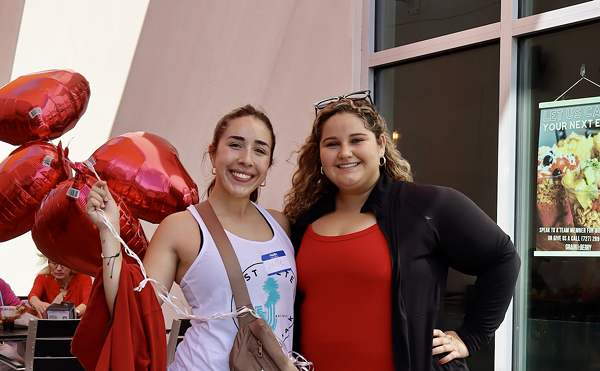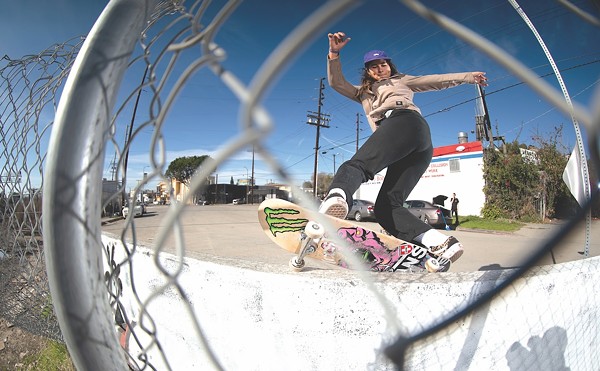With its young female heroine trying make her way in a dystopic future world, Divergent can't help but invite comparisons to the recent and critically successful Hunger Games series. Also in common: Both are led by talented, well-regarded actresses and are based on young adult novels. Even Divergent’s visual aesthetic mirrors that of its forebear — the occasional use of handheld cameras; the dominance of a gray palette among the heroine’s family in terms of clothing and domicile.
In Divergent's post-global-war Chicago, society's decision makers have decided that to maintain peace, citizens must be divided into five factions: the selfless ones, the smart ones, the peacekeepers, the truth-tellers, and the warriors. This each-according-to-his-ability conceit is designed to give the audience something to root against. But it's difficult to accept the idea that anyone would think such divisions would be productive, and that the majority of humans would easily and gladly fit into just one of these categories. For those that don’t — who resemble, you know, actual people — society’s handlers have a sleek, catchy name for them: divergent. And those, like Beatrice Prior (Shailene Woodley) who are smart AND brave AND altruistic, are targeted for elimination by the self-absorbed Erudite faction (led by ice queen Kate Winslet) lest they upset the social order by showing any signs of individuality.
The premise is impossible to buy into, not that the film can be bothered with selling it. To say it lumbers would be giving it credit for movement. Under the direction of Neil Burger (Limitless, The Illusionist), this shapeless mass dwells entirely on Beatrice learning she is divergent and her attempt to escape detection by joining the Dauntless faction. That group of tattooed teens and 20-somethings comes across like a roaming dance troupe on a mission to let everyone around them know how much fun they're having and how much cooler they are than the rest of the inhabitants of their city. They are society’s nominal defenders and black-clad adrenaline junkies who get off on showing how tough they are by jumping off moving trains, beating each other up til someone cries "uncle" and taking leaps of faith from the rooftops of buildings.
Hunger Games convincingly dramatizes a fearsome totalitarian state and the vicarious thrill of being a young adult doing battle with evildoers. Divergent, however, keeps relationships and motivations muddled, so that when it eventually resolves into a showdown among factions, it feels like a relief that the end is near. Because for most of its two-hour–plus running time, Divergent is a series of dull, repetitive training sequences piled on top of one another before its tentative victory and wait-for-the-sequel ending.
It’s unclear what this supposedly perfect society needs protection from considering that the entire city has been walled off. The movie is a mess of contradictions: individuals can choose their faction, but having a talent in more than one is considered a threat. While under the influence of hallucination-generating serums, subjects must find a way to overcome their fears. But if they're too good at it, it means they're "divergent" and have to go.
Where Hunger Games had the occasional moment of levity, Divergent struggles under the weight of its own terrible seriousness. By the time its heroes win the battle, the film has lost the audience.

















